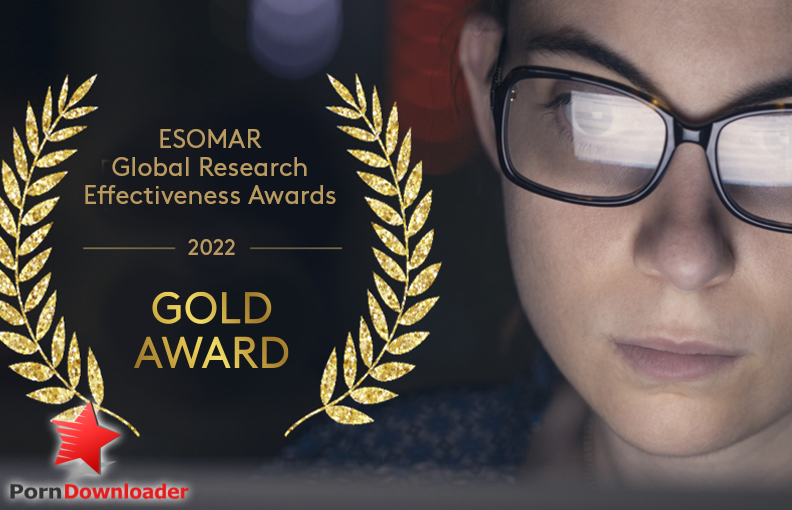Introduction
Supporting survivors of the porn industry in healing from trauma is a profoundly important and challenging task. The porn industry has long been criticized for its exploitative nature and the harm it can cause to those involved. Survivors of the industry often face unique and complex struggles as they navigate the path to recovery and healing.
Understanding the Trauma
What is the trauma experienced by survivors of the porn industry?
The trauma experienced by survivors of the porn industry can be multifaceted and deeply impacting. It can involve physical, emotional, and psychological harm stemming from exploitation, coercion, and the violation of personal boundaries. The explicit nature of the work may also contribute to feelings of shame and stigmatization.
How does trauma affect survivors of the porn industry?
The trauma can have long-lasting effects on survivors, including anxiety, depression, post-traumatic stress disorder (PTSD), low self-esteem, and difficulties forming healthy relationships. Additionally, survivors may struggle with feelings of guilt, shame, and isolation due to societal judgments and misconceptions about their experiences.
Supporting Survivors
Providing Safe Spaces
Creating safe environments for survivors to share their stories and express their feelings is crucial. Support groups, therapy, and online communities can offer survivors an opportunity to connect with others who have had similar experiences, fostering a sense of empathy, belonging, and validation.
Access to Comprehensive Healing Services
Survivors of the porn industry need access to a range of holistic healing services that address their unique needs. These can include trauma-informed therapy, support for addiction recovery, medical services, and assistance with navigating the legal system if necessary. Providing comprehensive support ensures survivors have the tools they need to heal and rebuild their lives.
Empowering through Education
Education plays a vital role in empowering survivors to reclaim their narratives and challenge societal misconceptions. By promoting awareness and understanding of the complex dynamics within the porn industry, communities can help reduce stigmatization and provide a more supportive environment for survivors.
Breaking the Cycle
Prevention and Awareness
In order to support survivors, it is crucial to address the root causes of harm within the porn industry itself. This involves raising awareness about the exploitative practices that may occur, advocating for stronger regulations and protections for performers, and promoting a culture that values consent, dignity, and agency.
Supporting Alternative Forms of Expression
Creating opportunities and platforms for survivors to explore alternative forms of creative expression can be incredibly powerful in healing and reclaiming their identities. By championing their voices and talents, we empower survivors to redefine their narratives and contribute to a world that values their experiences.
Conclusion
Supporting survivors of the porn industry in healing from trauma requires a comprehensive and compassionate approach. By providing safe spaces, comprehensive healing services, and empowering survivors through education, we can break the cycle of harm and create a more supportive environment for all. Together, we can promote healing, understanding, and the validation of survivors’ experiences.
FAQs – Supporting survivors of the porn industry: healing from trauma
1. What can I do as an individual to support survivors of the porn industry?
As an individual, you can support survivors by educating yourself about the complex issues surrounding the porn industry, advocating for consent and ethical practices, and amplifying survivor voices through platforms and conversations.
2. Are there specific organizations dedicated to supporting survivors of the porn industry?
Yes, there are various organizations and nonprofits that focus on supporting survivors of the porn industry. Some examples include Recovering Porn Addicts, Not Your Porn, and Fight the New Drug.
3. How can I ensure that the support I offer is trauma-informed?
To ensure that the support you offer is trauma-informed, it is important to educate yourself about trauma and its impacts, practice active listening, respect survivors’ boundaries, and prioritize their autonomy in decision-making.
4. Are there legal resources available for survivors seeking justice?
Yes, there are legal resources available for survivors seeking justice. You can reach out to organizations such as RAINN (Rape, Abuse & Incest National Network) or your local sexual assault hotline to find support and information about pursuing legal action.
5. How can communities create a more inclusive and supportive environment for survivors of the porn industry?
Communities can create a more inclusive and supportive environment for survivors by promoting education, fostering empathy and understanding, challenging societal stereotypes, and providing resources and spaces for survivors to heal and thrive.


